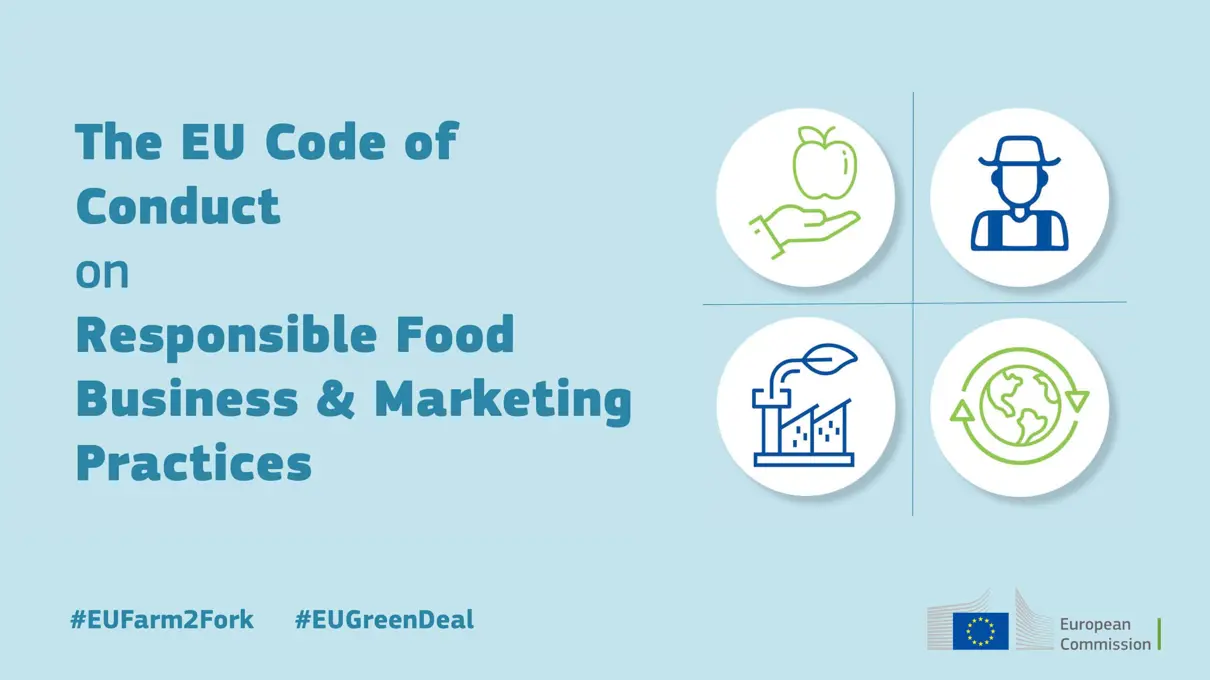Since the New Year, companies, organizations and NGOs in collaboration with the European Commission have drawn up a so-called "Code of Conduct" towards sustainable food systems. The overall objective is to tackle challenges such as climate change, environmental degradation, biodiversity loss and malnutrition.
"Code of conduct on Responsible Food Business and Marketing Practices" contains seven aspirational objectives, where companies that sign must agree to at least one objective. Danish Crown have committed to the objective "A Climate Neutral Food Chain in Europe by 2050".
Within this objective companies commit themselves to significantly reducing the company’s climate impact.
- The new code of conduct from the EU fits well with our own sustainability strategy in Danish Crown, and our ambition to become the world’s most sustainable and successful meat producer by 2030. By 2030, we must have reduced the climate impact of our meat production by 50 %, and in 2050 Danish Crown should be climate-neutral, says Preben Sunke, COO of Danish Crown.
With Danish Crown's sustainability strategy, we will also make a positive contribution to several of the other objectives in the code of conduct, but it’s the requirements in “A Climate Neutral Food Chain in Europe by 2050” Danish Crown will report on and be measured against.
Focus on sustainability
Danish Crown's specific targets and reporting for the objective will be based on the "Science Based Targets Initiative". It is a partnership between the United Nations Global Compact, the World Resources Institute (WRI), the CDP and the World Wide Fund for Nature (WWF), which helps design a clear path for companies to reduce greenhouse gas emissions. So, it is independent experts who has helped validate the targets for Danish Crown.
When Danish Crown presented a new group strategy for the next five years on June 8th, it was with a strong focus on sustainability. In our new five-year strategy, we expect to invest approx. 15 billion Dkr in the overall supply chain including in sustainability and innovation, while maintaining a sustainable level of production of Danish pigs at the current level of 10-13 million
